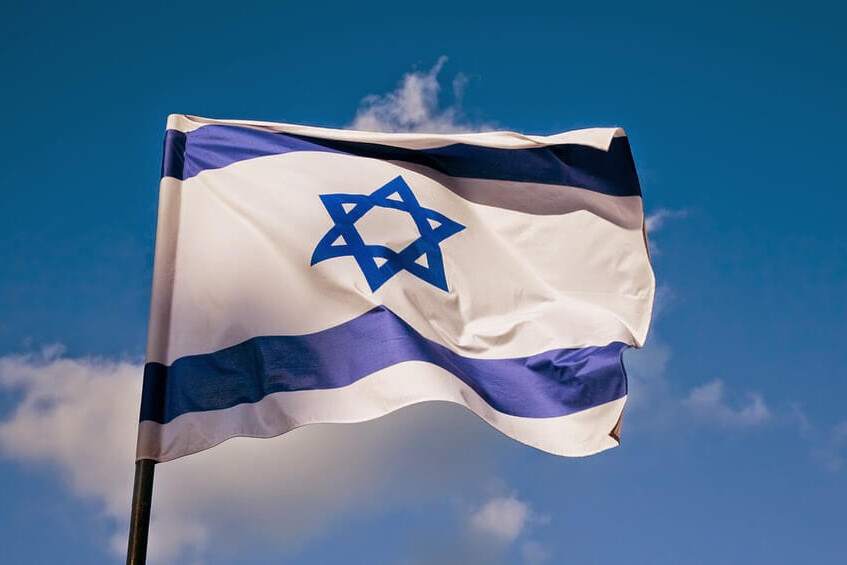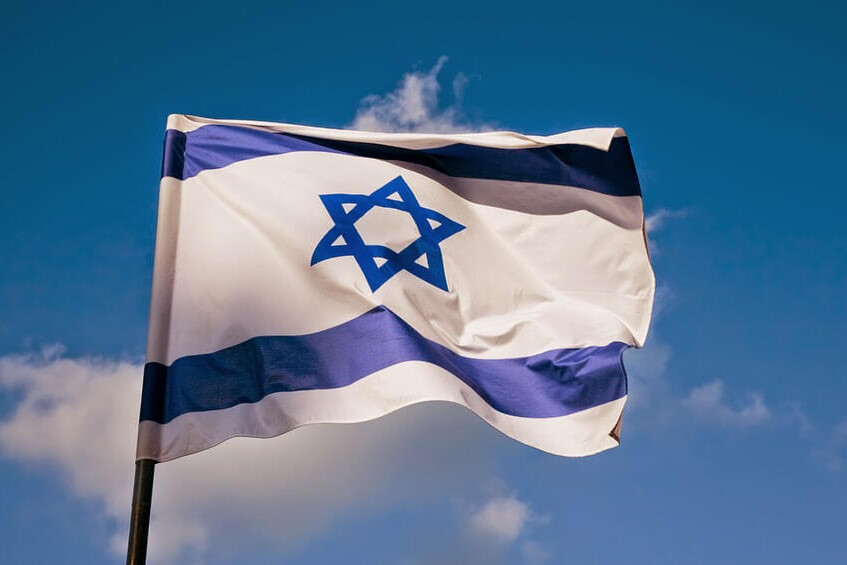Is Yom Ha’atzma’ut, Israeli Independence Day, a religious holiday for Jews or a national/secular celebration? This question is at the heart of the debate as to whether one adds the prayer of Hallel to the morning service on Yom Ha’atzma’ut. Hallel, a specific collection of Psalms praising God, is recited on Biblical festival days (Sukkot, Passover and Shavuot) and on the post-Biblical holiday of Chanukah. It is also recited every Rosh Chodesh (celebration of the new month).
According to one reference in the Talmud (Pesachim 117a), Hallel is to be recited “in every important epoch and crisis … when they [the Jewish People] are redeemed they recite [it in gratitude] for their redemption.”
The recitation of Hallel on Chanukah seems to provide a good argument for the recitation of Hallel on Yom Ha’atzma’ut. After all, Chanukah celebrates the redemption of the Jewish people from the threat of the Syrian-Greeks and marks the beginning of an important era–the renewal of Jewish autonomy in the land of Israel. Yom Ha’atzma’ut similarly commemorates a renewal of Jewish autonomy, as it is the anniversary of the proclamation of the State of Israel, but it does not celebrate an actual military victory. Additionally, Chanukah commemorates the miracle of the lights, a revealed miracle appropriate for the spiritual victory that is central to the Chanukah story–and sufficient reason by itself to say Hallel.
This sensitive topic, involves various halachic (legal) opinions, and therefore no definitive answer as to which practice is correct is provided here. Find out the custom in your community by asking your local rabbi. And remember, whether one recites Hallel or not, the day marks a momentous occasion for the Jewish People and should be properly acknowledged.
Jewish Treats and the National Jewish Outreach Program wish Israel a happy 62nd birthday! For a history of Israel Independence day, click here
Copyright © 2010 National Jewish Outreach Program. All rights reserved.
Related Posts
Yom Ha’atzma’ut – Israel’s Independence Day
On the fifth day of the Hebrew month of Iyar, in the year 5708, corresponding to May…
0 Comments2 Minutes
Yom Ha’atzma’ut – Israel’s Independence Day
On the fifth day of the Hebrew month of Iyar, in the year 5708, corresponding to May…
0 Comments2 Minutes
Yom Ha’atzma’ut – Israel’s Independence Day
On the fifth day of the Hebrew month of Iyar, in the year 5708, corresponding to May…
0 Comments3 Minutes
 Print This Page
Print This Page
